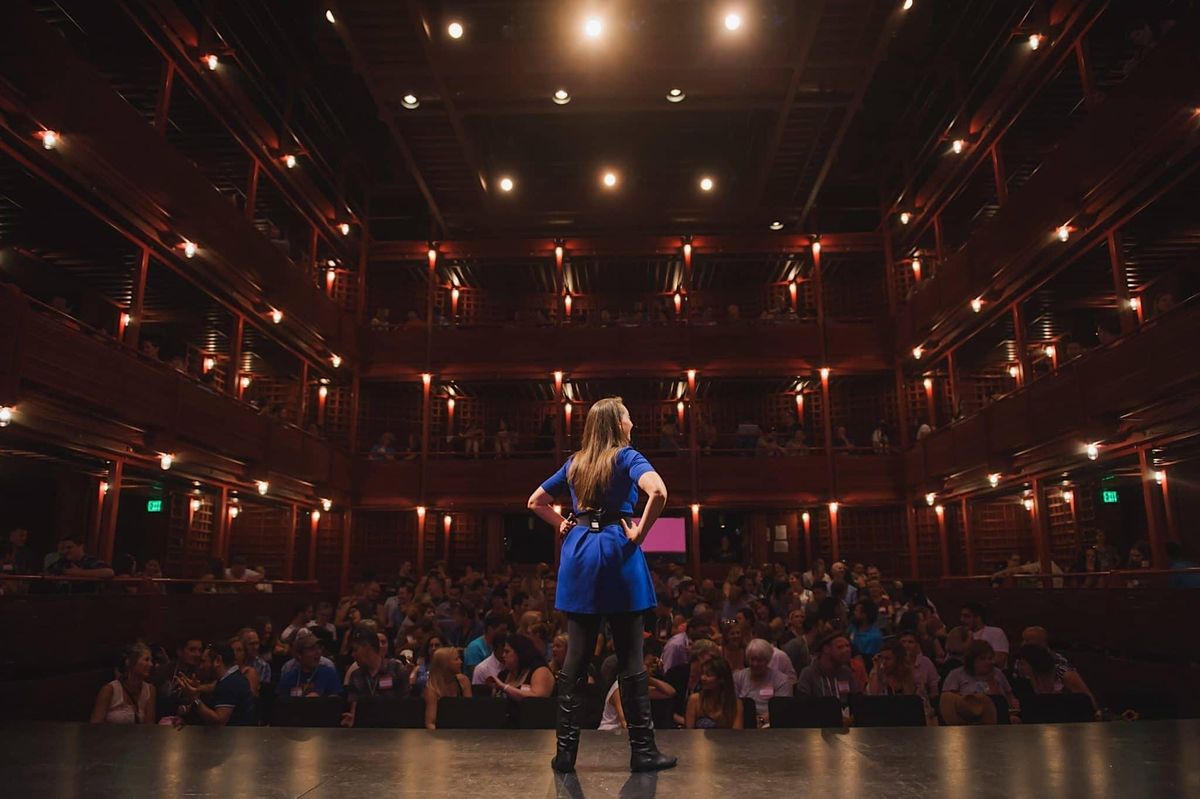Celebrating Recent Work by Dimitris Antoniou
Schedule
Thu Apr 03 2025 at 06:15 pm to 07:45 pm
UTC-04:00Location
Heyman Center for the Humanities | New York, NY

About this Event
If you are a Columbia/Barnard affiliate with campus access, please use your Columbia/Barnard email when registering.
Each attendee must have their OWN registration and email address.
Registration for external guests closes at 4PM on April 2. Registration will automatically close at that time. Columbia/Barnard affiliates with access to campus may register at the door.
by Dimitris Antoniou
Why Not Build the Mosque? explores the Greek state’s two-century-long attempt to build a central mosque, culminating in the project’s realization during the recent economic crisis. Focusing on an effort in the early 2000s to build a mosque in a suburb of Athens, Dimitris Antoniou inquires into widespread beliefs concerning local reactions, the Orthodox Church’s stance, and politicians’ concern with “political cost.” As his ethnographic research moves from underground mosques and Muslim associations to polling companies, politicians’ offices, and media corporations, he reveals how building a mosque is more than a matter of religion or nationalism alone. The story of the central mosque in Athens demonstrates the productivity of unrealized plans by laying bare the logic and interests at work behind what might first appear as an obvious case of failure. Ultimately, Why Not Build the Mosque? sheds light on what it takes for things to happen in contemporary democracies when governments and multinational corporations try to respond to the will of the people.
About the Author
is a Lecturer in Hellenic Studies and Classics at Columbia University and the Associate Director of the Stavros Niarchos Foundation Public Humanities Initiative. He studied theology at the University of Athens, anthropology at Princeton, and oriental studies at Oxford. Before joining the Program in Hellenic Studies, he was a Faculty Research Fellow at Oxford, a Hannah Seeger Davis Fellow at Princeton, and a National Bank of Greece Fellow at LSE. His research draws on anthropological and historical approaches to examine state operations and the making of public history in Greece. In particular, Dimitris studies unrealized government initiatives and failed architectural projects.
About the Speakers
is Associate Professor of Anthropology at Columbia University. His work examines unauthorized migration, criminal justice, the aftermath of development, and transnational political imaginaries in the central and eastern Mediterranean. His monograph, The Mediterranean Incarnate: Transnational Region Formation between Sicily and Tunisia since World War II (Chicago Press, 2017), offers a historical anthropology of the recent re-emergence of the Mediterranean. He is specifically interested in the processes through which transnational regions form and dissipate. He proposes to view such spaces as ever-changing constellations, and show how we can study them from the moving vessels that weave these constellations together and stage their social relations and dynamics in full view.
, Ira D. Wallach Professor of History at Columbia University, specializes in modern Greece, 20th-century Europe, and international history. His current interests include the historical evolution of the Greek islands in the very long run. He comments on international affairs and reviews books for the Financial Times, the Nation, the London Review of Books, the New York Review of Books and others. In 2016 he made a film Techniques of the Body, a meditation on the refugee crisis in Greek history, with director Constantine Giannaris. His most recent book is The Greek Revolution: 1821 and the Making of Modern Europe (2021).
is an Affiliated Faculty in the Program in Hellenic Studies. She is an anthropologist, Associate Professor at the Pr*son Education Program, Psychology Department, and Academic Adviser at the Justice in Education Initiative at Columbia University. She is the incoming editor (with Katrina Thompson) of Anthropology and Humanism. Her essays on anthropology, ethnography, critical theory, art and architecture, critical medical studies, and politics can be found in Mousse, Documenta, American Ethnologist, Ethos, Anthropological Quarterly, angelaki, and many edited volumes.
is a historian of the late Ottoman Empire and early Republican Turkey. Prior to joining the History Department at Northwestern, she taught at the University of Wisconsin-Madison and was a member of the Institute of Advanced Study in Princeton. The primary question motivating her research is why and how people commit or condone violence in various forms. Her first book, Blood Ties: Religion, Violence, and the Politics of Nationhood in Ottoman Macedonia (Cornell, 2014) traced the emergence of nationhood among Christian Orthodox peasants in Macedonia.
Please email [email protected] to request disability accommodations. Advance notice is necessary to arrange for some accessibility needs. This event will be recorded. By being present, you consent to the SOF/Heyman using such video for promotional purposes.
Where is it happening?
Heyman Center for the Humanities, East Campus Residence Hall, New York, United StatesEvent Location & Nearby Stays:
USD 0.00




















